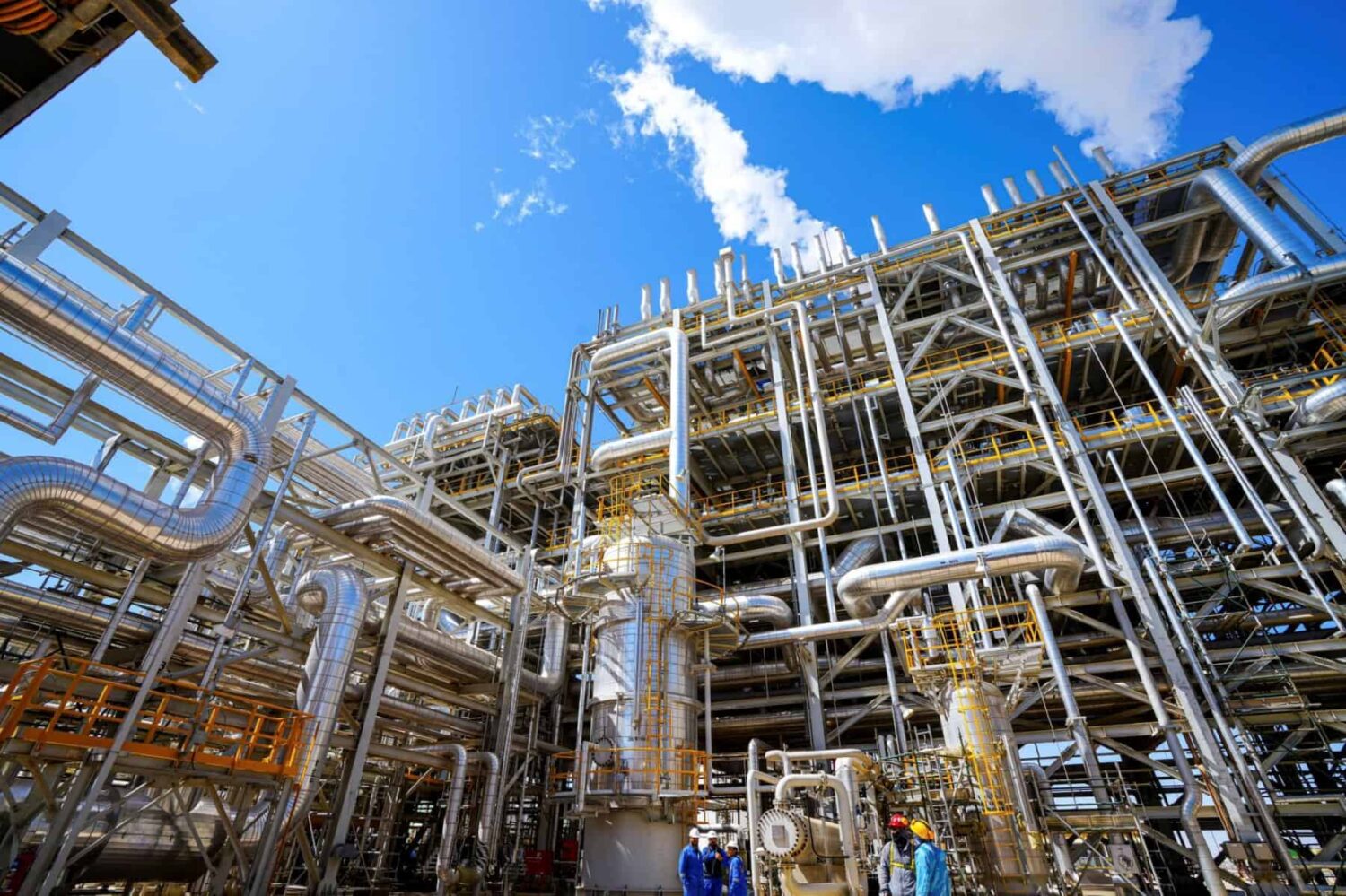KARBALA, IRAQ– Iraq inaugurated an oil refinery in the central city of Karbala on Saturday, a project the government hopes will reduce its dependency on imports.
Oil Minister Hayan Abdel Ghani announced the refinery had begun “commercial production” after a ribbon-cutting ceremony led by Prime Minister Mohammed Shia al-Sudani.
It has the capacity to refine 140,000 barrels per day and “help meet local demand for petrol, kerosene and heating oil, while reducing imports”, Abdel Ghani said.
Despite its immense oil and gas reserves, Iraq remains dependent on imports to meet energy needs.
The minister said the refinery, built by South Korean firm Hyundai, can produce nine million liters of fuel a day — equivalent to more than half Iraq’s daily imports of 15 million liters.
The refinery also has the capacity to produce 200 megawatts of electricity and “60 megawatts of them will be allocated to the national grid”, Abdel Ghani added.
Iraq, the second largest producer within the Organization of the Petroleum Exporting Countries (OPEC), exports an average of 3.3 million barrels of oil per day.
Crude exports represent around 90 percent of the government’s revenue.
Ravaged by decades of conflict, Iraq’s crumbling infrastructure and endemic corruption have obstructed reconstruction efforts.
The Karbala refinery is “the first to be built since the 1980s with such production capacity”, an oil ministry official told AFP when tests were run in September.
Three other refineries in operation across Iraq meet about half of the country’s demand for refined products and the rest is imported.
In March, the prime minister announced a campaign to combat the severe impacts of climate change on the water-scarce country, including by promoting clean and renewable energy.
Sudani said Iraq was “moving forward to conclude contracts for constructing renewable energy power plants to provide one-third of our electricity demand by 2030”.








